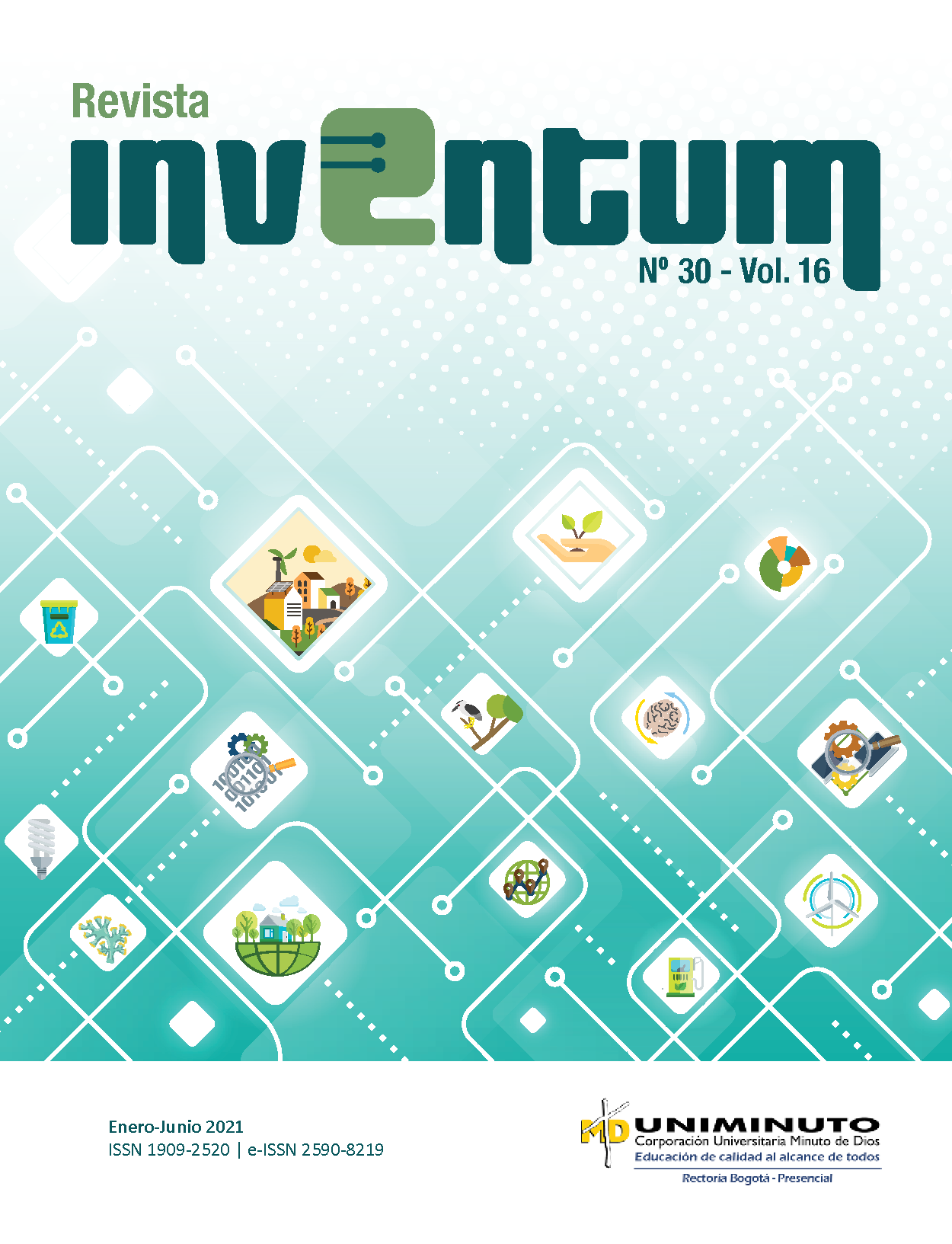Transformación digital, un desafío en la educación superior
Contenido principal del artículo
Resumen
El progreso hacia la transformación digital de la educación, ha sido una de las aristas de la crisis educativa vivida en América Latina, cuya realidad se hizo más evidente con la abrupta situación de pandemia donde
las condiciones de desigualdad y pobreza, cobran un mayor impacto nocivo en las clases sociales menos favorecidas, siendo flagrantemente vulnerado el derecho humano a la educación. En el caso de la educación
superior esta problemática se agudiza con el sesgo de intereses particulares, una gobernanza tradicionalista, currículos rígidos, docentes sin o poca formación sobre pedagogías con uso de la tecnología y estudiantes
con mínimas o nulas oportunidades de acceso a un computador y a internet. Como conclusión podemos indicar que el aporte que hace los profesionales de las ciencias computacionales y la ingeniería es abismal,
pero ningún esfuerzo será suficiente sino se permite el acceso a los estudiantes de forma equitativa a las tecnologías de la información y las comunicaciones, declarando esto como una violación a los derechos
constitucionales de primera generación como la igualdad y otros como el acceso a una educación de calidad. Ante este panorama, ¿la transformación digital respaldará la educación en ingeniería frente a pandemia
y post-pandemia?
Detalles del artículo
Sección
Se solicita a los autores que diligencien el documento de cesión de derechos de autor sobre el artículo, para que sea posible su edición, publicación y distribución en cualquier medio y modalidad: medios electrónicos, CD ROM, impresos o cualquier otra forma, con fines exclusivamente científicos, educativos y culturales
- La obra pertenece a UNIMINUTO.
- Dada la naturaleza de UNIMINUTO como Institución de Educación Superior, con un modelo universitario innovador para ofrecer Educación de alta calidad, de fácil acceso, integral y flexible; para formar profesionales altamente competentes, éticamente responsables y líderes de procesos de transformación social, EL CEDENTE ha decidido ceder los derechos patrimoniales de su OBRA, que adelante se detalla para que sea explotado por ésta
- El querer de EL CEDENTE es ceder a título gratuito los derechos patrimoniales de la OBRA a UNIMINUTO con fines académicos.
Cómo citar
Referencias
[2] Almaraz Menéndez, F., Maz Machado, A., & López Esteban, C., Análisis de la transformación digital de las Instituciones de Educación Superior. Un marco de referencia teórico”. EDMETIC, “6(1), 181, pp 189, 2016. Disponible en: https://doi.org/10.21071/edmetic. v6i1.5814
[3] Dening, P., Computer Science: The Discipline. Encyclopedia of Computer Science, 1999.
[4] Serna, E., “La abstracción como componente crítico de la formación en ciencias computacionales”. Revista Avances en Sistemas e Informática. Vol 18, pp. 80.
[5] Wauters, R. “Sequoia Invests $8 Million In Messaging App Maker WhatsApp: Sources. Techcrunch”, 2001. Disponible en https:// techcrunch.com/2011/04/08/sequoia-whatsapp-funding/
[6] Huertas, D., “Unos 20 millones de colombianos no tienen acceso a Internet”. RCN Radio, 2019. Disponible en https://www.rcnradio. com/tecnologia/unos-20-millones-de-colombianos-
no-tienen-acceso-internet
[7] DANE, “Boletín Técnico Indicadores básicos de tenencia y uso de tecnologías de la información y comunicación – TIC en hogares y personas de 5 y más años de edad”, 2018. Disponible en https://www.dane.gov.co/
files/investigaciones/boletines/tic/bol_tic_hogares_2018.pdf
[8] Bartolomé Pina A., Bellver Torlà C., Castañeda Quintero L., Segura A, “Blockchain en educación: introducción y crítica al estado de la cuestión”. EDUTEC. Revista Electrónica de Tecnología Educativa número 61. ISSN
1135-9250, pp. 6, 2017. Disponible en: https:// www.edutec.es/revista/index.php/
edutec-e/article/view/915
[9] Jaap T., “Desarrollo del liderazgo”. Traducción Zulma Ramos Ramírez. Serie empresarial Fondo Editorial Legis © 1991, Bogotá, Colombia, pp. 6, 1989.
[10] Drucker P., “Gerencia para el futuro. El decenio de los 90 y más allá”. Bogotá, Colombia: Grupo Editorial Norma, pp.118, 1992.
[11] Maldonado Mera, B., Buenaño Cabrera, J., Benavides Espinosa K. “Aproximación a un modelo de gobernanza en las universidades públicas de la provincia de Pichincha del Ecuador”, Revista Científica “Visión de
Futuro”, Universidad Nacional de Misiones, Argentina, vol. 23, núm. 2, s.p, 2019. Disponible en: http://www.redalyc.org/articulo. oa?id=357960138007
[12] Maldonado Mera, B., Buenaño Cabrera, J., Benavides Espinosa K. “Aproximación a un modelo de gobernanza en las universidades públicas de la provincia de Pichincha del Ecuador”, Revista Científica “Visión de
Futuro”, Universidad Nacional de Misiones, Argentina, vol. 23, núm. 2, s.p, 2019. Disponible en: http://www.redalyc.org/articulo. oa?id=357960138007
[13] Westerman, G. MIR Sloan Executive Educatios Blog. Redefining the digital divide. [Blog post], 2014. Disponible en: https://executive. mit.edu/blog/redefining-the-digital-divide#. VDx4yhaOOAg
[14] Morales Arce, Víctor Gerardo, “Desarrollo de competencias digitales docentes en la educación básica”. ISSN: 1665-6180, pp. 91, 2013. Disponible en: https://www.redalyc. org/articulo.oa?id=688/68830443008





